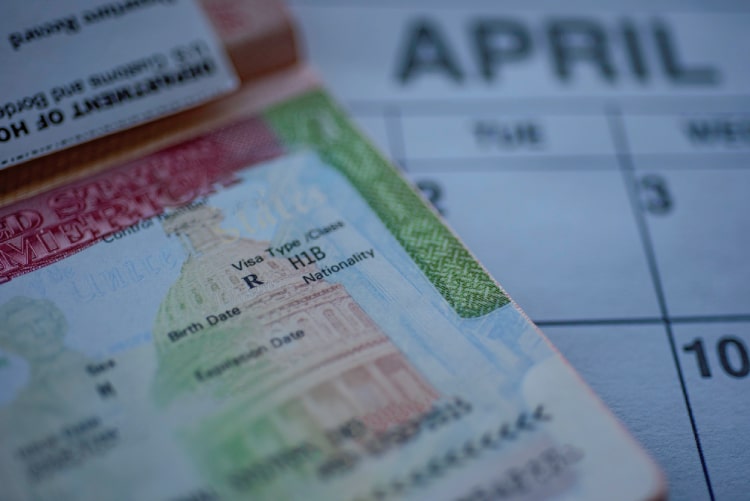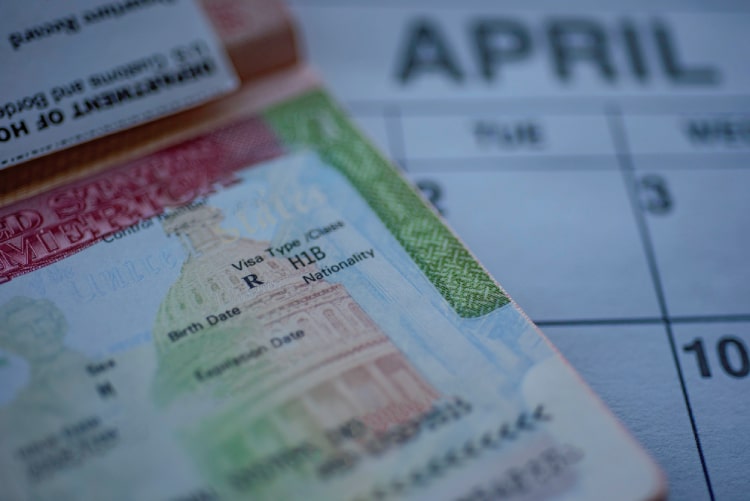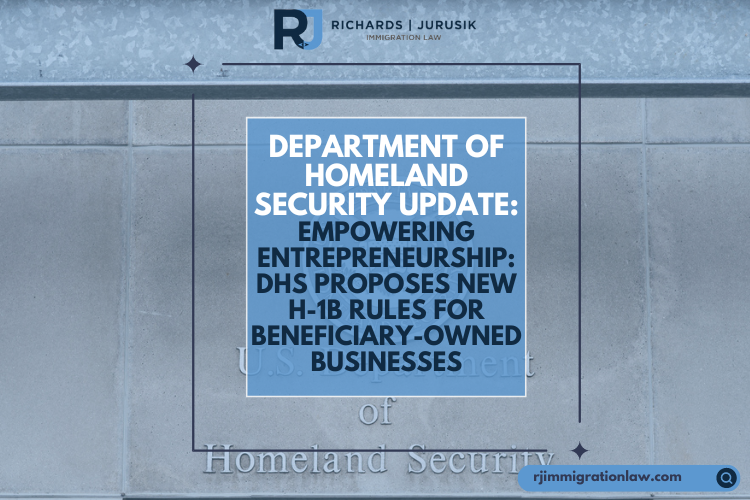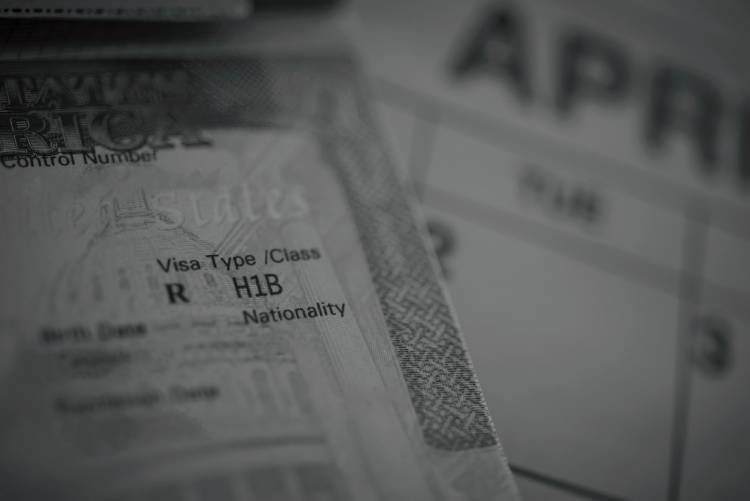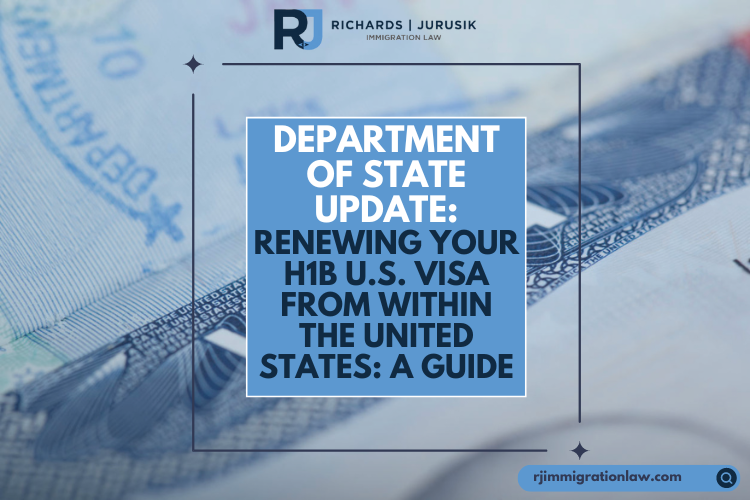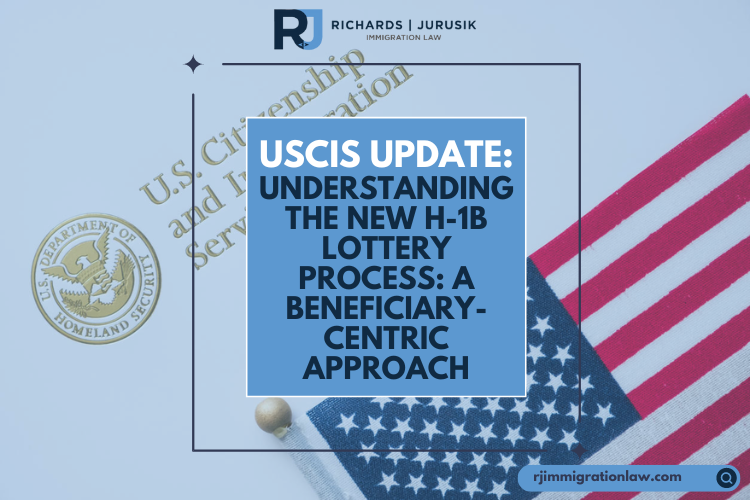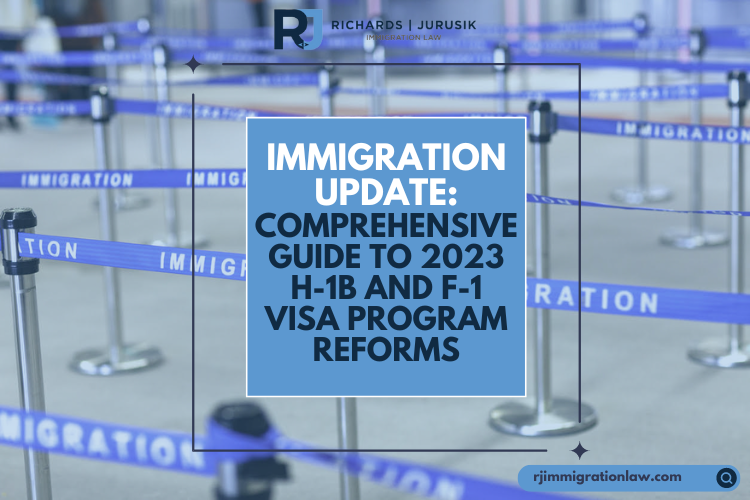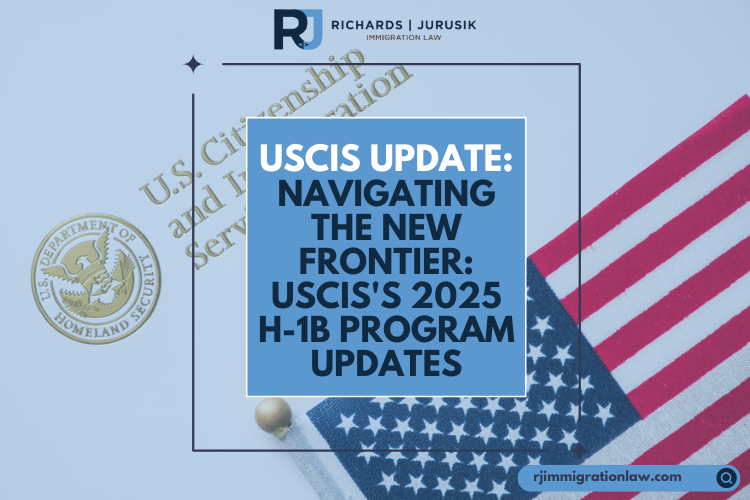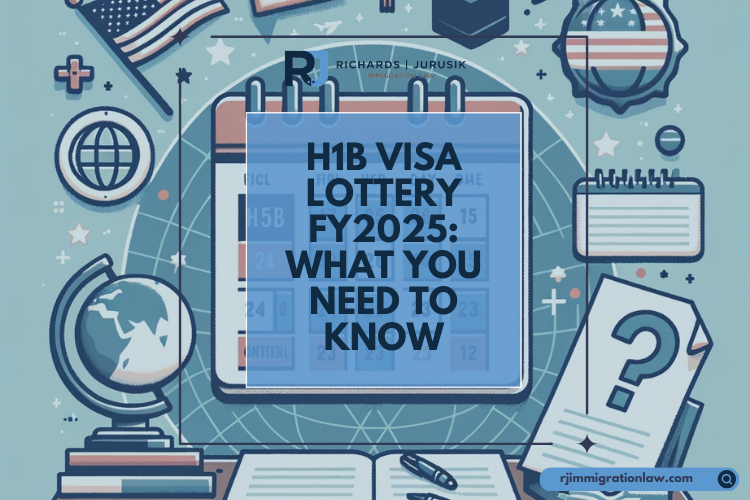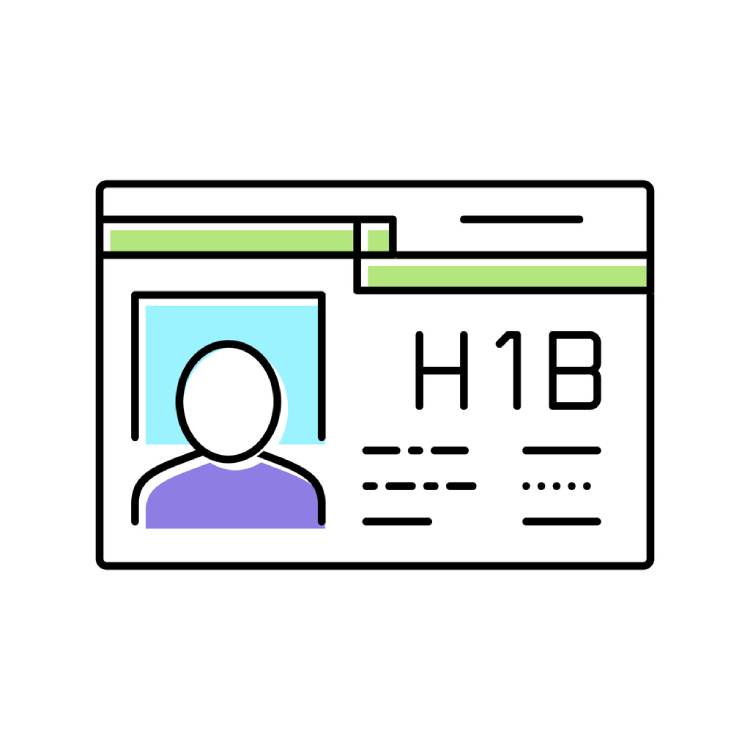Updated H-1B Visa Rules for Beneficiary-Owned Petitioners
The Department of Homeland Security (DHS) has announced an update to the H-1B visa program to significantly ease the application process for many petitioners. DHS proposes eliminating the “employer-employee relationship” requirement from the definition of a U.S. employer, a standard that common law principles have traditionally guided. This requirement has long been a hurdle for H-1B petitioners, especially those owned by the petitions’ beneficiaries.

